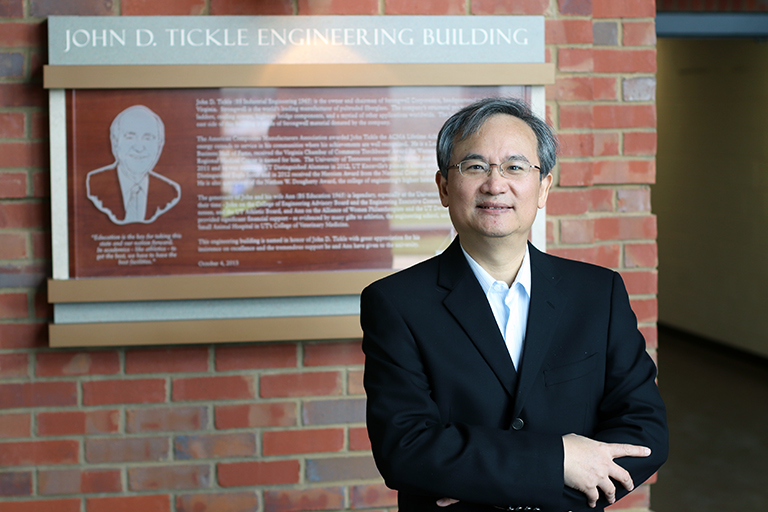
Both the haze that obscures the view on the horizon and the air that leads to shortness of breath are caused in large part by particle pollution, or particulate matter (PM), also known as aerosols. While technically PM also includes fine particles of naturally occurring solid or liquid droplets, such as dust and fog, it’s PM from air pollution that is highly toxic for humans, plants, and animals.
PM is a year-round problem, unlike ground-level ozone—a product of sunlight and heat reacting to pollutants—which is mostly a danger in summertime. Examples of PM include both the general names for pollution, like soot or fly ash, as well as specific chemical compounds like arsenic, benzene, fluorine, mercury, ammonium sulfate, ammonium nitrate, and organic aerosol, among others.
The International Agency for Research on Cancer and the World Health Organization list PM as a Group 1 carcinogen, and because of their incredibly small size, they can be breathed deep into the lungs and enter the blood stream, leading to an increase in respiratory diseases, heart attacks, endocrine disruption, low birth weight, premature death, and other health issues.
As the known dangers of PM are growing, many countries have sought to limit emissions from motor vehicles and industrial sources. Taiwan is one country seeking policy solutions to reduce PM.
The Environmental Protection Administration of Taiwan (TEPA) has promoted a policy to ban the sale of all cars powered by fossil fuels by the year 2040. As the country transitions to electric vehicles, there will be a decrease in motor vehicle emission.
While that sounds promising, it creates a new pollution problem; to power all the electric vehicles, the country will need to increase production in its three major coal-fired power plants if the installation of the renewal power generations is behind.
A key question is: Will the shift to electric vehicles actually result in lowering the country’s PM? John D. Tickle Professor Joshua Fu, along with research collaborators in Taiwan, evaluated the proposed policy to determine if it was sound.
—Joshua Fu
To evaluate the policy, the team integrated weather, air quality, and health models to evaluate four different scenarios. The location of the power plants in the north, south, and central part of the country, as well as seasonal variations were adapted to consider atmospheric transportation effects.
For example, incorporating the direction of prevailing winds in different seasons gives a better picture for how air pollutants are moved throughout the year. Knowing this could help determine which power plant should increase production in a particular season to result in the best air quality and health benefits.
To perform the study, the base emission database was the Emission Inventory announced by TEPA, and the base year was set as 2013, when only 0.2 percent of the 21.5 million vehicles in Taiwan were electric vehicles. The study used the Weather Research and Forecasting (WRF)-Community Multiscale Air Quality model (CMAQ) and Benefits Mapping and Analysis Program (BenMAP) that are the US Environmental Protection Agency’s regulatory assessment tools.
The WRF-CMAQ model, which was established under the concept of “One Atmosphere Approach,” was applied to assess the effects on air quality by placing additional electric power in different areas. The BenMAP system, a set of world-leading health benefits calculations in relation to air pollution, was applied to assess the health benefits for the population and helps put a dollar figure on the health and cost benefits of air pollution control.
The results of the study suggest that Taiwan’s forward-thinking policy to shift to electric vehicles will in fact dramatically decrease the country’s PM and improve the air quality. Even with an increase in coal-fired power that installs advanced emission control technologies to charge the country’s electric vehicles, the study indicated that reducing the transportation emissions is more critical to improving air quality at the same time.